Two wrongs don't make a right
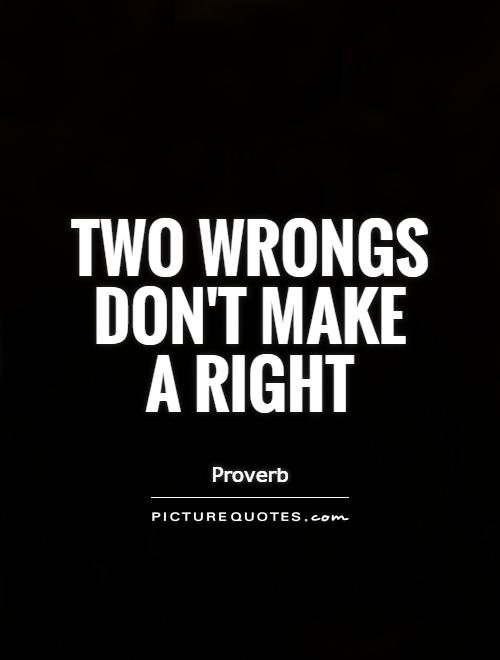
Two wrongs don't make a right
The proverb "two wrongs don't make a right" is a timeless piece of wisdom that has been passed down through generations. It serves as a reminder that responding to a wrongdoing with another wrongdoing is not the solution to resolving conflicts or seeking justice. Instead, it emphasizes the importance of taking the high road and finding peaceful and constructive ways to address issues.When faced with a situation where we have been wronged, it can be tempting to seek revenge or retaliate in order to make ourselves feel better or to even the score. However, this approach often leads to a never-ending cycle of harm and negativity. By responding to a wrong with another wrong, we only perpetuate the cycle of violence and harm, causing more pain and suffering for all parties involved.
Instead, the proverb encourages us to rise above the temptation to seek revenge and to find more positive and productive ways to address conflicts. This could involve having open and honest conversations with the person who wronged us, seeking mediation or counseling, or finding ways to forgive and move on. By taking the high road and responding to wrongdoing with kindness, understanding, and compassion, we can break the cycle of harm and create a more peaceful and harmonious world.
Furthermore, the proverb also serves as a reminder that we are all human and capable of making mistakes. Just as we would want others to show us grace and forgiveness when we make a wrong choice, we should also extend the same courtesy to others. By practicing empathy and understanding, we can create a more compassionate and forgiving society where conflicts are resolved through dialogue and understanding rather than through retaliation and violence.
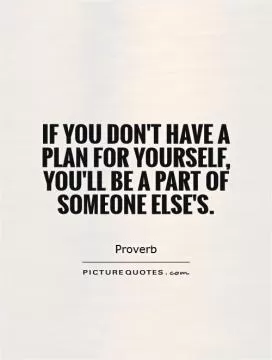
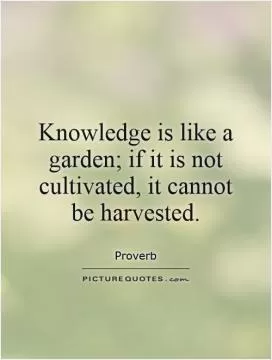
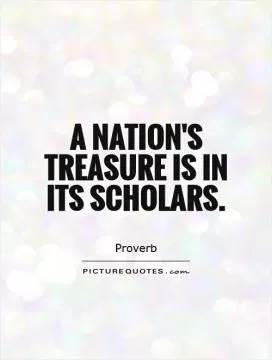

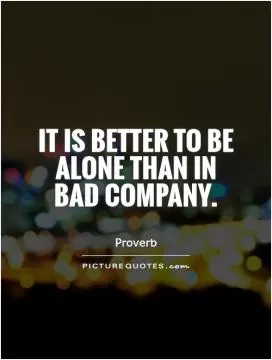
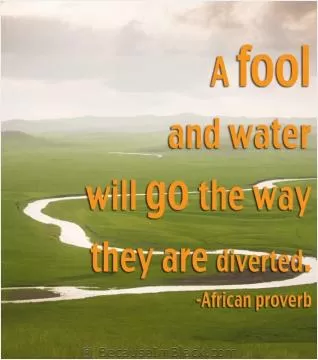
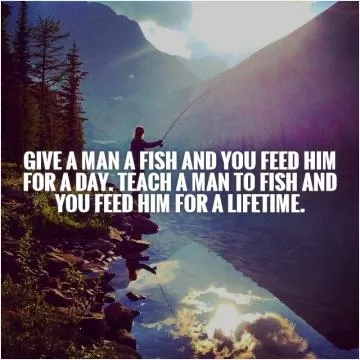
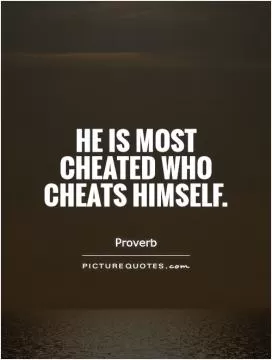
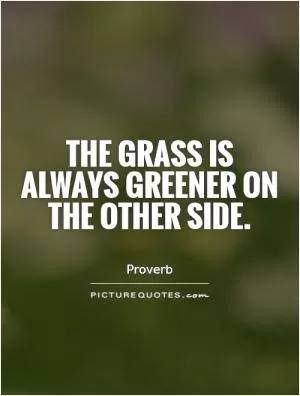
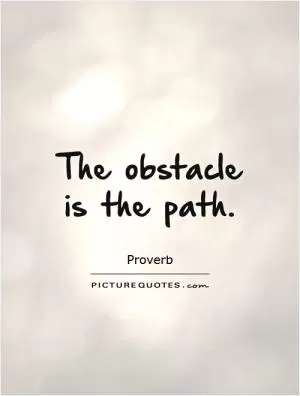
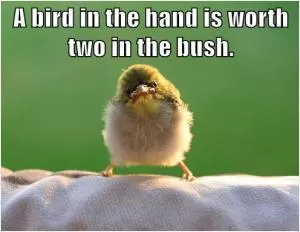
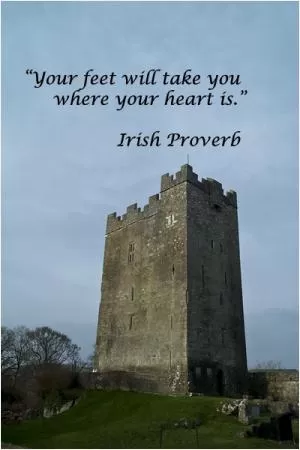
 Friendship Quotes
Friendship Quotes Love Quotes
Love Quotes Life Quotes
Life Quotes Funny Quotes
Funny Quotes Motivational Quotes
Motivational Quotes Inspirational Quotes
Inspirational Quotes